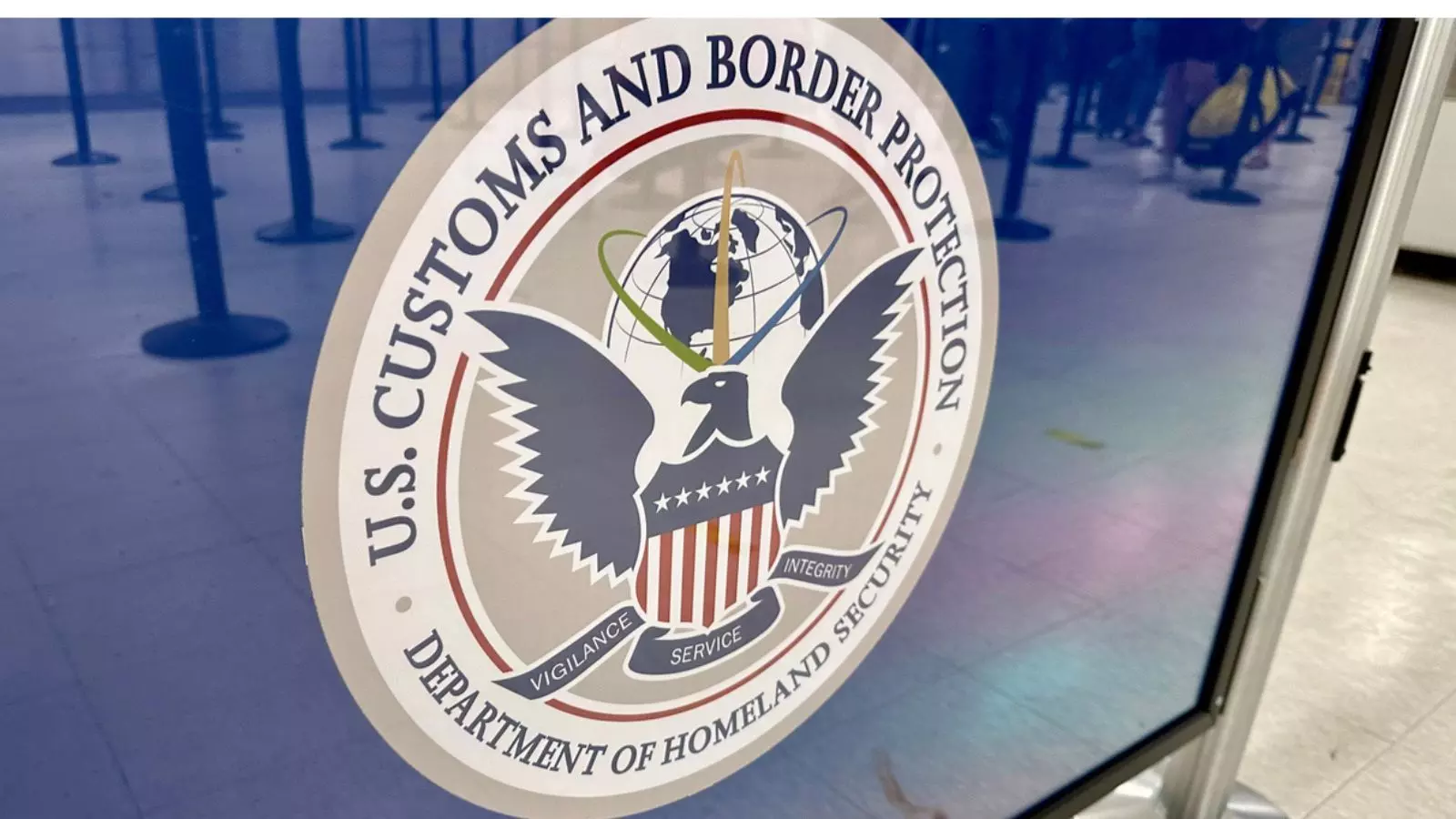
These secondary inspections enacted by the CBP on elderly Indian green card holders include overnight detention, and pressure to surrender their legal status as US citizens in US airports. Representative image: iStock
Elderly Indian green card holders forced to give up residency in US: Report
Immigration attorneys allege CBP officers are coercing elderly NRIs to sign Form I-407, and ‘voluntarily’ surrender their lawful permanent resident status in US

Immigration attorneys in America have raised concerns about a surge in cases where elderly Indian green card holders are being subjected to secondary inspections by the US Customs and Border Protection (CBP). The CBP is reportedly targeting people who spend extended periods outside the US, particularly those who come to India during winter.
Overnight detention, pressure to surrender legal status
These secondary inspections include overnight detention, and alleged pressure to surrender their legal status as US citizens in US airports, according to a Times Now report.
Ashwin Sharma, an immigration attorney based in Florida told the Times of India that grandparents who have spent a considerable time outside the US are being forced into “signing Form I-407 to ‘voluntarily’ surrender their lawful permanent resident status”. Sharma says those who have tried to resist that been threatened with detention or ‘removal’ by CBP officers who he says “see themselves as judge, jury and executioner”.
Don’t give in to pressure: Attorney’s advice to NRIs
Kripa Upadhyay, an attorney based in Seattle told TOI that green card holders should never surrender their cards under pressure. She added that an individual’s green card cannot be revoked by the border unless they voluntarily sign Form I-407.
Watch: Immigration Bill 2025: Everything you need to know
If a green card holder spends over 365 days out of the US, they are considered to have ‘abandoned’ their residence.
Despite this allegation, green card holders can rightfully challenge this in court, but will definitely lose the right to contest in court if they voluntarily surrender their legal status at the airport
Also read: Immigration Bill: 7-year jail for forged passport use
Short absences draw scrutiny
According to media reports, lawful permanent residents (LPRs) have been cautioned by immigration experts that if they spend over 180 days outside the US, they will be considered to be seeking ‘re-admission’. This rule applies under the Immigration and Nationality Act (INA).
Abandonment of one’s green card is considered when an individual has been outside the US for over a year. However, even shorter absences are drawing increased scrutiny under Trump’s administration.
Also read: Trump sees 'thirst' for $5 million gold card plan, says 'US firms can hire Indian graduates'
Rajiv S Khanna, an immigration attorney based in Arlington, said, "One of the common scenarios that I have provided consultations on is when green card holders are not living in the US. They may visit every few months and consider that to be sufficient. That is legally incorrect. Maintaining a green card requires establishing and maintaining a permanent home in the US. Anything short of that can be grounds for ‘lifting the green card’ for abandonment."
Right to contest in court
The co-founder of Siskin Susser, Greg Siskin recalled the previous Trump administration where the enforcement by sky marshals was intense. These sky marshals used to pass forms out in planes asking people to surrender their green cards, leaving many confused and asking their legal counsel and kin on what to do.
He reiterated what other immigration lawyers have said. "People need to not surrender their cards. But they must be prepared to sit for a while in secondary inspection. It is possible a CBP officer could even detain a person overnight.”
He added that an individual is entitled to a hearing in a court with a judge, but most judges are not fond of such cases being heard in front of them. This may make the CBP cave and stop their attempts to intimidate the individual to surrender their LPR, if the person is adamant about not caving in to the pressure.
Also read: Canada's new visa rules can affect thousands of Indian students, workers
Proving LPR
A managing attorney at NPZ Law Group, Snehal Batra, told TOI that several elderly green card holders may not fully understand the ramifications of signing Form I-407, especially if they are not proficient in English. In her words, only an immigration judge can take away the green card, so individuals should not sign this form, but there are unfortunate cases where people are scared, confused or do not understand the language and sign the form.
However, one can overcome the presumption of ‘abandonment’ of their LPR by showing documentation proof of property ownership, tax returns and employment history in the US.

